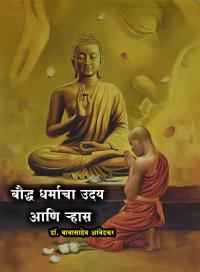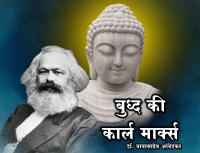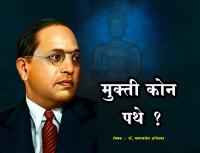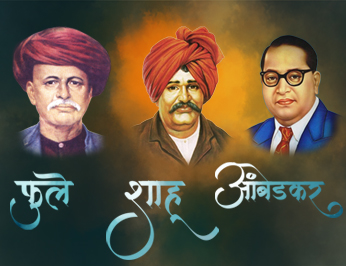 फुले - शाहू - आंबेडकर
फुले - शाहू - आंबेडकर Phule Shahu Ambedkar
Top Books

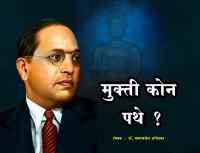
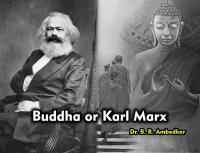

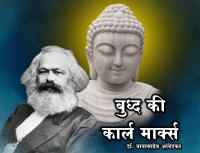
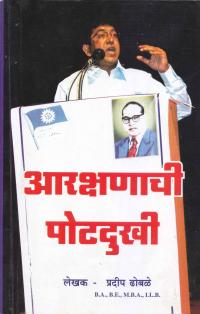

Top News


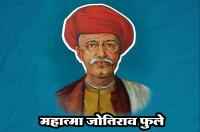





Labels
Satyashodhak, obc, Mahatma phule, Rajarshi Chhatrapati shahu maharaj, dr Babasaheb Ambedkar, Periyar, Bahujan, Shahid Bhagat Singh, Krantisinh Nana Patil, Mahatma Gandhi , Karl Marx, Gautama Buddha, Indian National Congress, Buddhism, Mandal commission, Vishwanath Pratap Singh, Bharatiya Janata Party, rashtriya swayamsevak sangh, Republican Party of India, Savitri Mata Phule,Buddha or Karl Marx
writer - dr b r ambedkar
INTRODUCTION
A comparison between Karl Marx and Buddha may be regarded as a joke. There need be no surprise in this. Marx and Buddha are divided by 2381 years. Buddha was born in 563 BC and Karl Marx in 1818 AD Karl Marx is supposed to be the architect of a new ideology-polity a new Economic system. The Buddha on the other hand is believed to be no more than the founder of a religion, which has no relation to politics or economics. The heading of this essay " Buddha or Karl Marx " which suggests either a comparison or a contrast between two such personalities divided by such a lengthy span of time and occupied with different fields of thought is sure to sound odd. The Marxists may easily laugh at it and may ridicule the very idea of treating Marx and Buddha on the same level. Marx so modern and Buddha so ancient! The Marxists may say that the Buddha as compared to their master must be just primitive. What comparison can there be between two such persons? What could a Marxist learn from the Buddha? What can Buddha teach a Marxist? None the-less a comparison between the two is a attractive and instructive Having read both and being interested in the ideology of both a comparison between them just forces itself on me. If the Marxists keep back their prejudices and study the Buddha and understand what he stood for I feel sure that they will change their attitude. It is of course too much to expect that having been determined to scoff at the Buddha they will remain to pray. But this much can he said that they will realise that there is something in the Buddha's teachings which is worth their while to take note of.
I. THE CREED OF THE BUDDHA
The Buddha is generally associated with the doctrine of Ahimsa. That is taken to be the be-all and end-all of his teachings. Hardly any one knows that what the Buddha taught is something very vast: far beyond Ahimsa. It is therefore necessary to set out in detail his tenets. I enumerate them below as I have understood them from my reading of the Tripitaka :
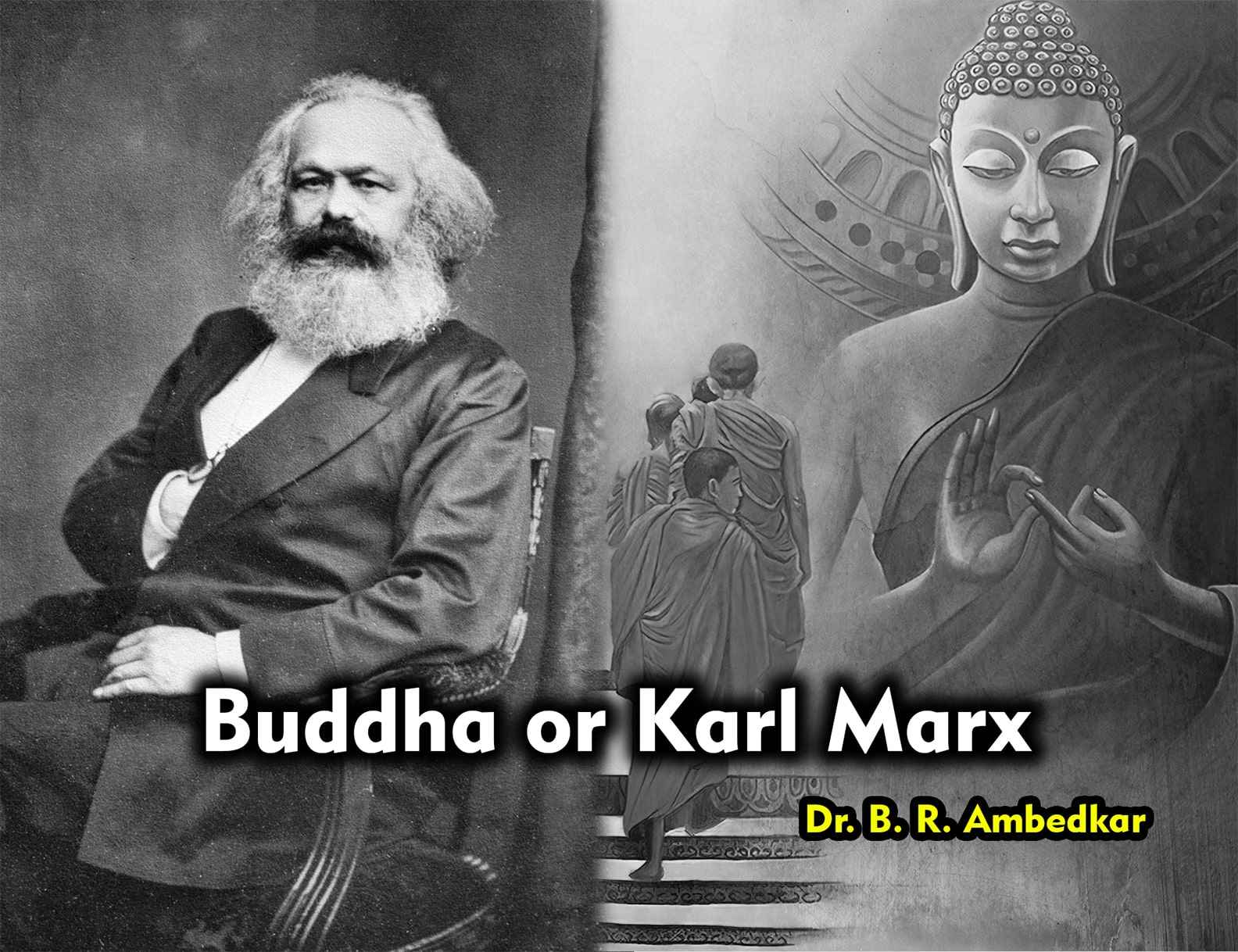 1. Religion is necessary for a free Society.
1. Religion is necessary for a free Society.
2. Not every Religion is worth having.
3. Religion must relate to facts of life and not to theories and speculations about God, or Soul or Heaven or Earth.
4. It is wrong to make God the centre of Religion.
5. It is wrong to make salvation of the soul as the centre of Religion.
6. It is wrong to make animal sacrifices to be the centre of religion.
7. Real Religion lives in the heart of man and not in the Shastras.
8. Man and morality must be the centre of religion. If not, Religion is a cruel superstition.
9. It is not enough for Morality to be the ideal of life. Since there is no God it must become the Jaw of life.
10. The function of Religion is to reconstruct the world and to make it happy and not to explain its origin or its end.
11. That the unhappiness in the world is due to conflict of interest and the only way to solve it is to follow the Ashtanga Marga.
12. That private ownership of property brings power to one class and sorrow to another.
13. That it is necessary for the good of Society that this sorrow be removed by removing its cause.
14. All human beings are equal.
15. Worth and not birth is the measure of man.
16. What is important is high ideals and not noble birth.
17. Maitri or fellowship towards all must never be abandoned. One owes it even to one's enemy.
18. Every one has a right to learn. Learning is as necessary for man to live as food is.
19. Learning without character is dangerous.
20. Nothing is infallible. Nothing is binding forever. Every thing is subject to inquiry and examination.
21. Nothing is final.
22. Every thing is subject to the law of causation.
23. Nothing is permanent or sanatan. Every thing is subject to change. Being is always becoming.
24. War is wrong unless it is for truth and justice.
25. The victor has duties towards the vanquished.
This is the creed of the Buddha in a summary form. How ancient hut how fresh! How wide and how deep are his teachings!
II. THE ORIGINAL CREED OF KARL MARX
Let us now turn to the creed of Karl Marx as originally propounded by him. Karl Marx is no doubt the father of modern socialism or Communism but he was not interested merely in propounding the theory of Socialism. That had been done long before him by others. Marx was more interested in proving that his Socialism was scientific. His crusade was as much against the capitalists as it was against those whom he called the Utopian Socialists. He disliked them both. It is necessary to note this point because Marx attached the greatest importance to the scientific character of his Socialism. All the doctrines which Marx propounded had no other purpose than to establish his contention that his brand of Socialism was scientific and not Utopian.
By scientific socialism what Karl Marx meant was that his brand of socialism was inevitable and inescapable and that society was moving towards it and that nothing could prevent its march. It is to prove this contention of his that Marx principally laboured. Marx's contention rested on the following theses. They were:—
(i) That the purpose of philosophy is to reconstruct the world and not to explain the origin of the universe.
(ii) That the force which shapes the course of history are primarily economic.
(iii) That society is divided into two classes, owners and workers.
(iv) That there is always a class conflict going on between the two classes.
(v) That the workers are exploited by the owners who misappropriate the surplus value, which is the result of the workers' labour.
(vi) That this exploitation can be put an end to by nationalisation of the instruments of production i.e. abolition of private property.
(vii)That this exploitation is leading to greater and greater impoverishment of the workers.
(viii)That this growing impoverishment of the workers is resulting in a revolutionary spirit among the workers and the conversion of the class conflict into a class struggle.
(ix) That as the workers outnumber the owners, the workers are bound to capture the State and establish their rule, which he called the dictatorship of the proletariat.
(x) These factors are irresistible and therefore socialism is inevitable.
I hope I have reported correctly the propositions, which formed the original basis of Marxian Socialism

फुले शाहु आंबेडकर

फुले शाहु आंबेडकर

फुले शाहु आंबेडकर

फुले शाहु आंबेडकर
You might like This Books -
